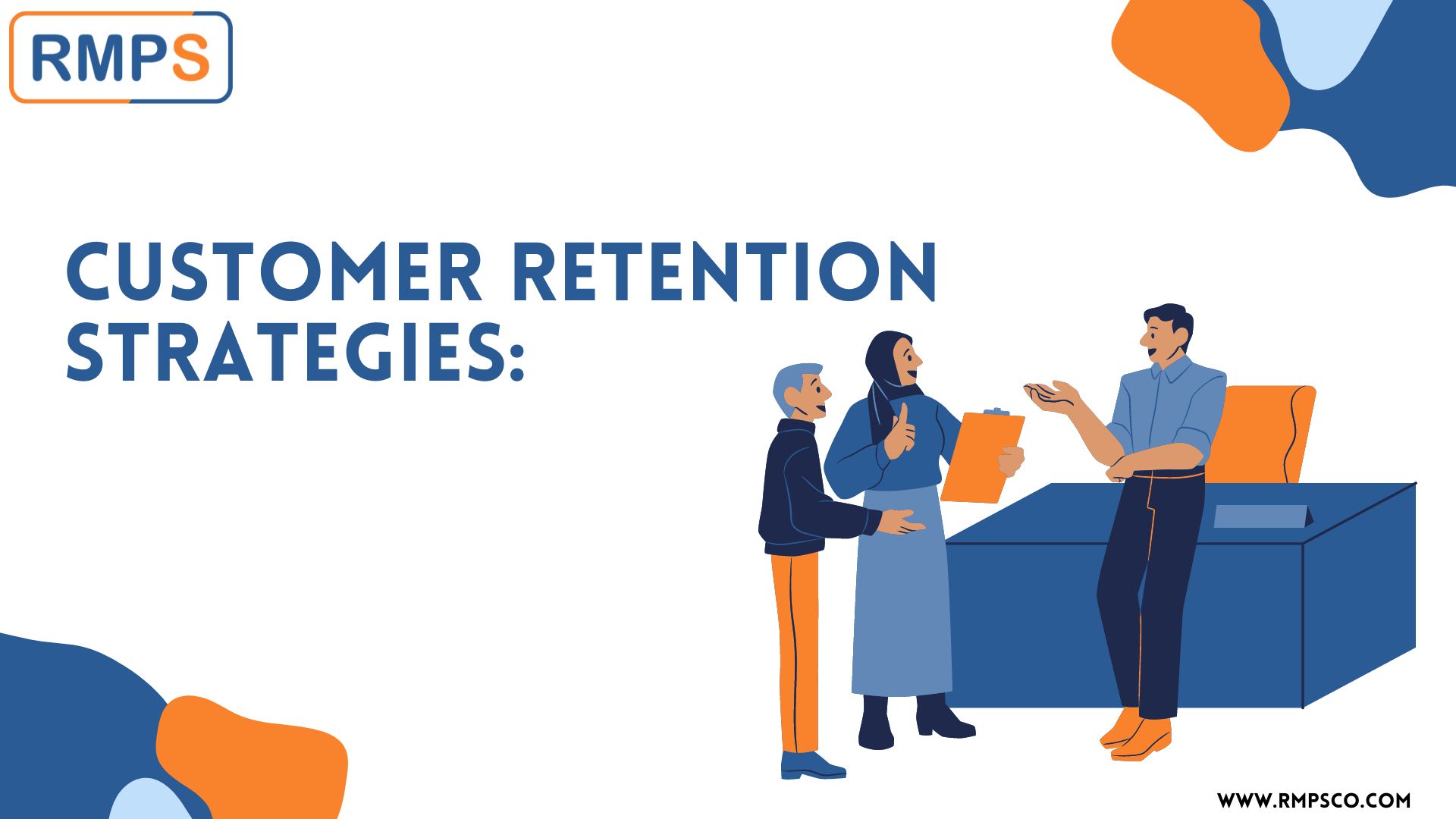
In the realm of business, attracting customers is only half the battle won. The real challenge lies in retaining them. Yet, many businesses struggle with customer retention due to non-adoption of services or products and payment-related issues. In this blog, we will delve into effective strategies to overcome these hurdles and foster long-term customer relationships.
Understanding Non-Adoption:
Non-adoption occurs when customers fail to fully utilize or engage with your offerings. This can stem from various factors such as lack of awareness, complexity of the product or service, or simply a mismatch between customer needs and what your business provides. To tackle non-adoption, consider the following approaches:
Simplify Onboarding: Streamline the onboarding process to make it easier for customers to get started with your product or service. Provide clear instructions, tutorials, and support to guide them through the initial stages.
Personalize Experiences: Tailor your offerings to meet the specific needs and preferences of individual customers. Use data analytics and customer feedback to customize solutions and enhance relevance.
Offer Incentives: Encourage adoption by offering incentives such as discounts, free trials, or loyalty rewards. These incentives can motivate customers to try out your offerings and experience their value firsthand.
Addressing Payment Issues:
Payment hurdles, including issues with billing, invoicing, or transaction processes, can significantly impact customer retention. To overcome payment challenges, consider implementing the following strategies:
Flexible Payment Options: Provide multiple payment methods to accommodate diverse customer preferences. Whether it’s credit/debit cards, digital wallets, or bank transfers, offering flexibility can simplify the payment process for your customers.
Transparent Pricing: Ensure transparency in pricing to build trust with your customers. Clearly communicate pricing structures, fees, and any additional charges upfront to avoid confusion or dissatisfaction later on.
Proactive Communication: Keep customers informed about payment deadlines, upcoming renewals, or any changes to billing procedures. Proactive communication can help prevent misunderstandings and mitigate payment issues before they escalate.
Cultivating Customer Relationships:
Beyond addressing specific hurdles, cultivating strong customer relationships is key to fostering loyalty and retention. Focus on the following strategies to nurture meaningful connections with your customers:
Provide Exceptional Support: Offer responsive and empathetic customer support to address inquiries, resolve issues, and provide assistance whenever needed. A positive support experience can leave a lasting impression on customers and increase their likelihood of staying with your business.
Solicit Feedback: Regularly seek feedback from customers to understand their evolving needs and pain points. Use surveys, reviews, or feedback forms to gather insights and make informed decisions about product/service improvements.
Foster Community Engagement: Create opportunities for customers to engage with your brand and connect with like-minded individuals. Whether through online forums, social media groups, or community events, fostering a sense of belonging can strengthen customer loyalty and retention.
Conclusion:
In a competitive business landscape, prioritizing customer retention is paramount to long-term success. By addressing non-adoption and payment issues effectively, and nurturing meaningful customer relationships, businesses can overcome challenges and build a loyal customer base. Implement these strategies diligently, and watch as your retention rates soar, driving sustainable growth and profitability.
Subscribe Our Newsletter : bmX – Subscribe on LinkedIn
This article is only a knowledge-sharing initiative and is based on the Relevant Provisions as applicable and as per the information existing at the time of the preparation. In no event, RMPS & Co. or the Author or any other persons be liable for any direct and indirect result from this Article or any inadvertent omission of the provisions, update, etc if any.
Published on: May 16, 2024
